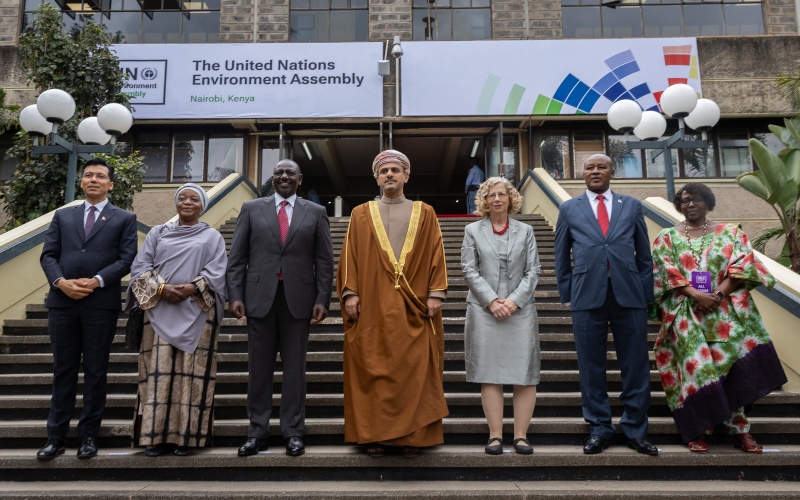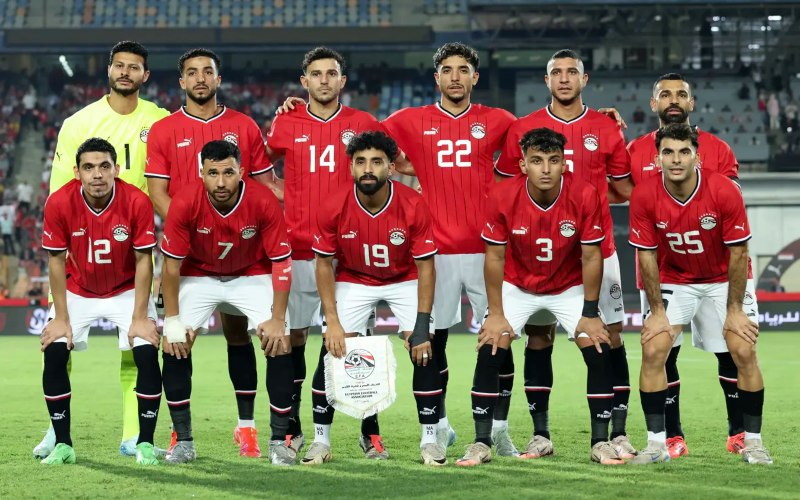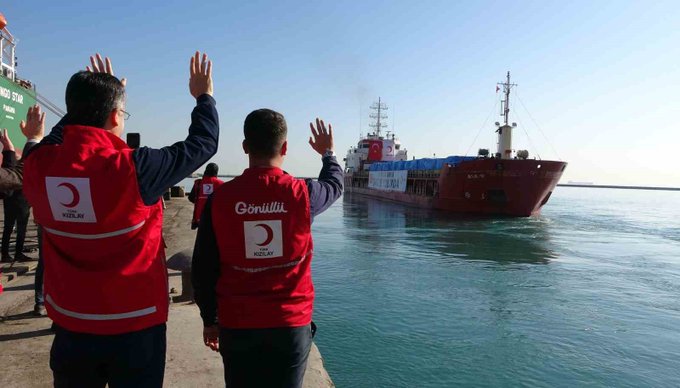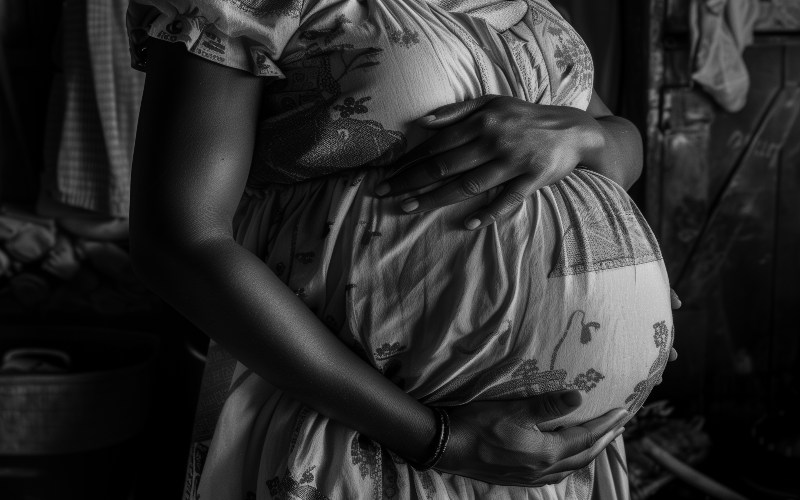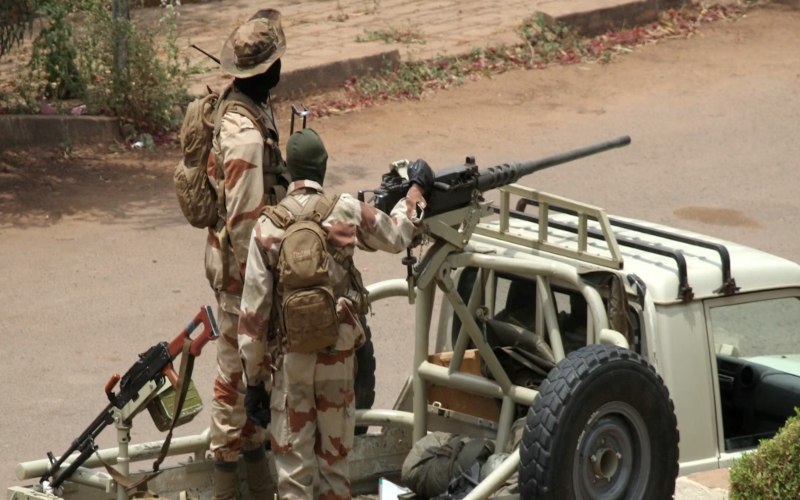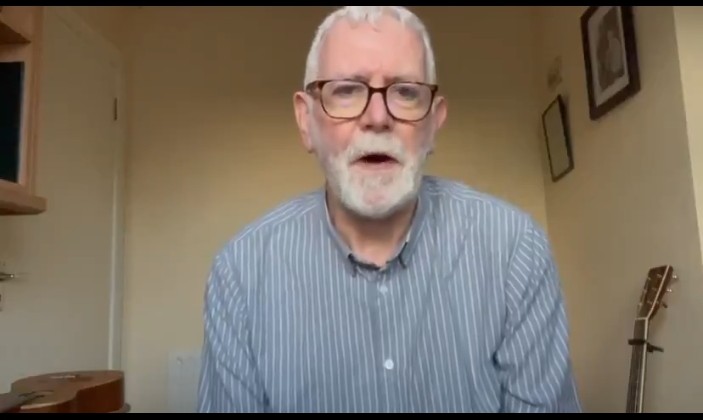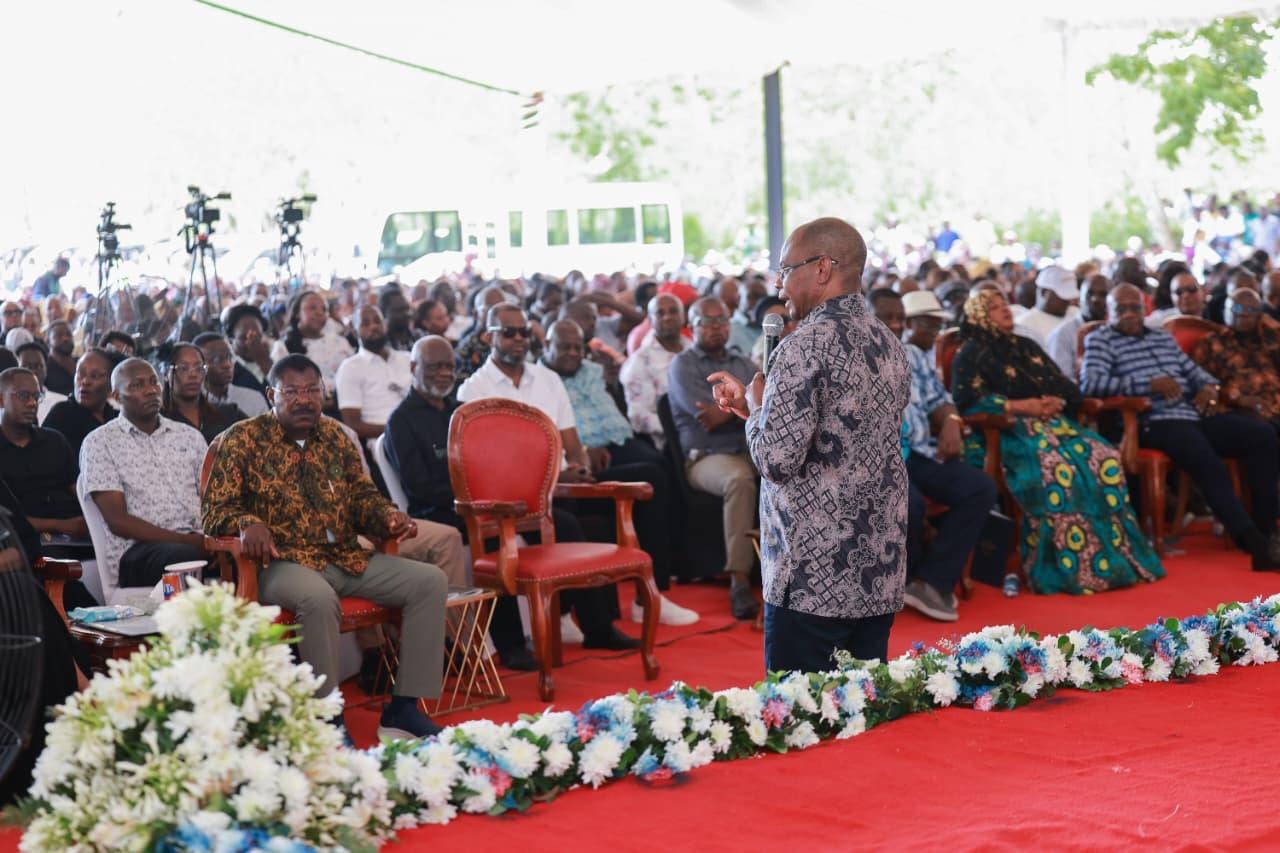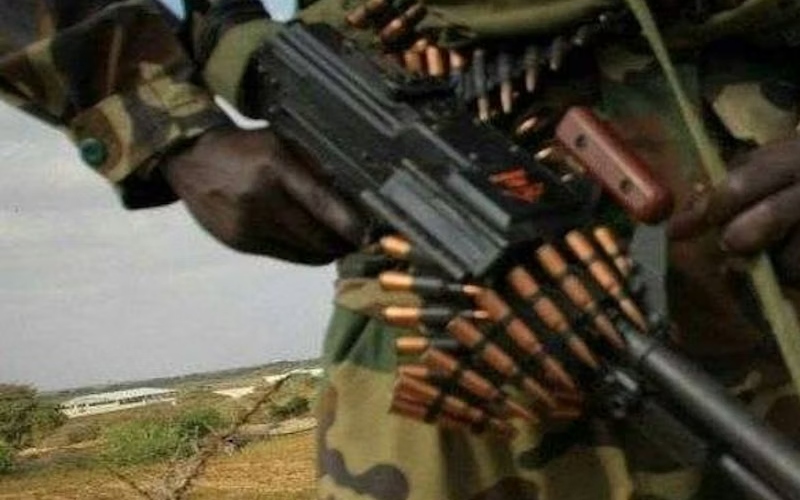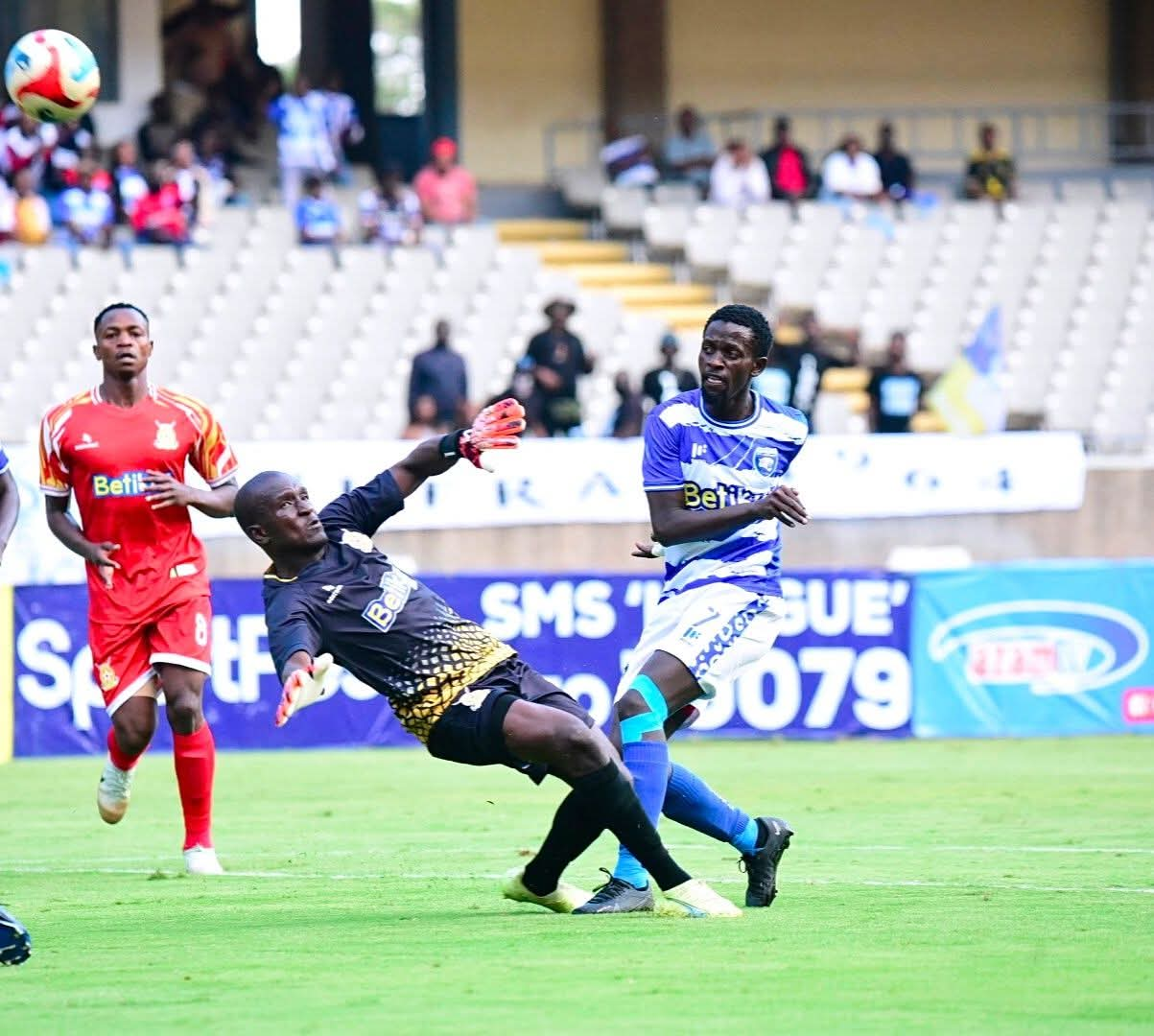Sudan war: Could involved foreign powers stop the war there?
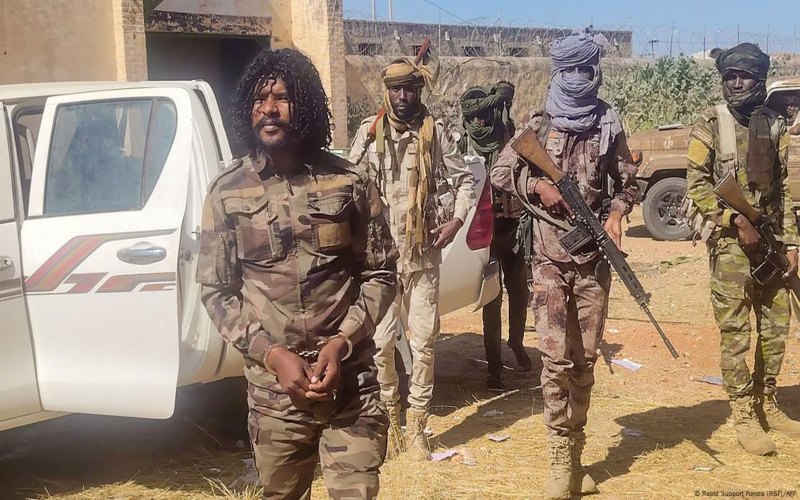
Sudan's warring factions depend on external support. What do Egypt, the UAE, Iran and Turkey want in Sudan? And could they exert enough influence to stop the fighting?
Without external backing, neither side in Sudan would have been able to prolong the war.
The conflict has seen the country become the site of one of the world's worst humanitarian disasters and, more recently, mass killings and atrocities against Sudanese civilians in Darfur's regional capital, El-Fasher.
More To Read
- UN chief alarmed by drone strike killing over 30 Sudanese civilians
- Sudan war: Aid teams say deal struck to reach stricken El Fasher
- UK sanctions Sudan’s RSF commanders over atrocities amid ongoing conflict
- All we want for Sudan is peace, say children fleeing violence
- Sudanese herders struggle to safeguard livestock amid devastating war
- US sanctions network accused of recruiting Colombians to fight for Sudan’s RSF
The war first broke out in April 2023 when the local militia, the Rapid Support Forces, or RSF, and the Sudanese Armed Forces, or SAF, fell out over the integration of the paramilitary RSF into the regular army.
Given the ongoing fighting in Darfur, the death toll can only be estimated, but aid organisations and the UN put it at more than 140,000. Around half of Sudan's 51 million population depends on humanitarian aid. Famine and disease are widespread, and much of the country's infrastructure and agricultural land has been damaged.
Observers say Sudan's internationally recognised government under General Abdel-Fattah Burhan, who also heads the SAF, is supported by Egypt, Turkey, Russia and Iran. The Egyptians and Saudis deny supporting any Sudanese groups with weapons. The RSF is allegedly supported by the UAE, although the Emiratis deny this.
"The Rapid Support Forces have had a number of suppliers for weapons and fuel during the war, but a central provider remains the United Arab Emirates," Hager Ali, a researcher at the think tank, the German Institute for Global and Area Studies (GIGA), told DW.
UAE's controversial agenda in Sudan
The UAE has repeatedly denied supporting the RSF, calling such allegations a media campaign by the SAF and demanding an apology.
On Thursday, Abu Dhabi also condemned the RSF's atrocities against civilians and announced $100 million (€86 million) worth of humanitarian aid.
However, the UN and human rights organisations have frequently found evidence of military supplies from the UAE. Independent analysts regularly conclude that arms and ammunition used by the RSF were of Emirati origin.
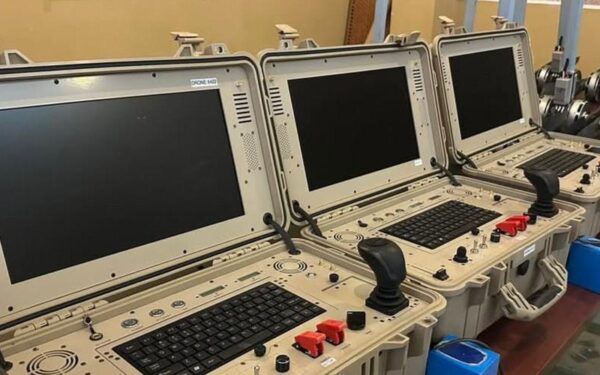 Various countries provide drones to the warring sides in return for gaining a foothold at the Red Sea or Sudan's gold. (Photo: Sudanese Ministry of Culture and Information/Xinhua/picture alliance via DW)
Various countries provide drones to the warring sides in return for gaining a foothold at the Red Sea or Sudan's gold. (Photo: Sudanese Ministry of Culture and Information/Xinhua/picture alliance via DW)
"The material includes the advanced Chinese-made drones along with small arms, heavy machine guns, vehicles, artillery, mortars and ammunition," sources from the US Defence Intelligence Agency and the State Department's intelligence bureau told The Wall Street Journal, a US newspaper, this week.
Moreover, a January 2024 report by the UN stated that militias that are aligned with Libyan General Khalifa Hiftar use preexisting smuggling ties for supplying the RSF with fuel, vehicles and ammunition.
"We know that the UAE has smuggled arms directly across the Libyan border to Sudan, but also via Chad and Uganda," Ali confirms. "In return, the UAE, as traditionally the largest importer of Sudanese gold, has a vested interest in keeping its access to Sudan's gold."
For the RSF, Sudan's rich gold resources, which mainly lie in territory under its control, have become a key currency to buy weapons and evade sanctions.
"It is safe to assume that weapons that are in use now in Sudan aren't just from a handful of providers but rather weapons that have been trafficked in the entire Sahel," Ali continued, adding that the delivery of weapons on the battlefield is often carried out by the Africa Corps, the Russian Wagner Group's renamed African division.
In January, the outgoing US administration under former President Joe Biden imposed sanctions on both sides. At the time, the US Treasury Department also sanctioned seven companies from the UAE and accused them of providing arms, financing and other support to the RSF.
Egypt has been a key supporter of the SAF and recognises Burhan's government as the official Sudanese administration. According to an overview by the Institute of War, an independent think tank, Egypt has also trained SAF pilots and provided drones, which Cairo denies.
Egypt aims to keep the conflict on the Sudanese side of the border and hopes to eventually return millions of Sudanese refugees.
Another SAF backer is Iran, which has also provided drones. Tehran hopes to secure a naval base on the Red Sea that would help it continue to support the Houthis in Yemen. Sudan is known to have become a logistical hub for the Houthis.
Turkey has also provided the SAF with drones and missiles. Ankara's interest here is to secure its access to the Red Sea.
Despite the involvement of the Russia-sponsored Africa Corps on behalf of the RSF, Russia plays a comparatively minor role in Sudan, Achim Vogt, country director for Uganda and Sudan at Germany's Friedrich Ebert Foundation, told DW.
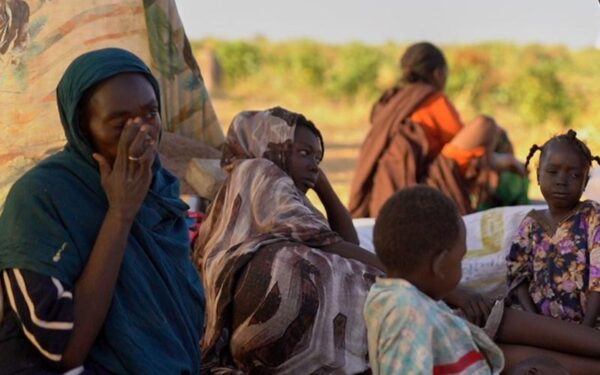 Sudanese civilians have been bearing the brunt of the war and millions have been displaced. (Photo: Mohammed Jammal/UNICEF/AP Photo/picture alliance via DW)
Sudanese civilians have been bearing the brunt of the war and millions have been displaced. (Photo: Mohammed Jammal/UNICEF/AP Photo/picture alliance via DW)
"They have economic interests when it comes to gold exports and with regard to the port of Port Sudan, but they have made it relatively clear that they have no interest in interfering in what they call an internal conflict," he said.
Could the 'Quad initiative' help?
In Vogt's view, the four countries that form the so-called "Quad initiative" - the US, Egypt, Saudi Arabia and the UAE - would be the states that could exert real influence in Sudan despite their various alliances with the two sides. The initiative's objective was a roadmap to end the war or, at the very least, a humanitarian truce.
Vogt said that if these countries pulled together, perhaps with the support of European nations, they could bring about a return to international humanitarian law, an end to human rights violations and an improvement in the humanitarian situation for the civilian population.
However, on October 26 this year, the Quad talks in Washington that were meant to bring the warring parties together to agree upon a three-month ceasefire ended without result. The same day, the RSF seized control over el-Fasher and ramped up mass killings and other atrocities.
For Laetitia Bader, Horn of Africa director at Human Rights Watch, the scale and gravity of the latest abuses in and around el-Fasher now require that there be "consequences for the leadership of the Rapid Support Forces and their backers, notably the United Arab Emirates, who have continued to provide support ... in the face of clear evidence of the crimes," she told DW.
"We would like to see the UN Security Council immediately move forward with sanctions against the leaders of the Rapid Support Forces," Bader said. "We call on the international community to ensure there is political and criminal accountability."
On Friday, in the face of international outrage about massacres and other crimes, the RSF arrested several of their own fighters. But observers say that atrocities are continuing.
Top Stories Today




